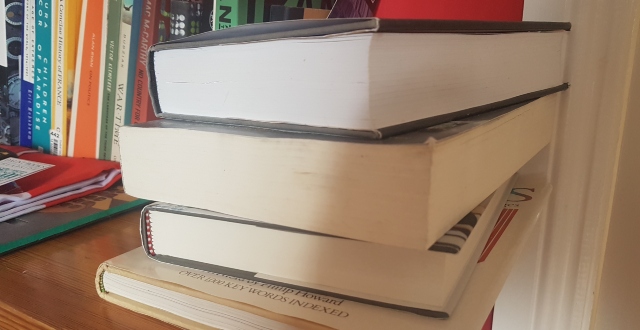Experience is key to understanding. There are a lot of things I wish I knew before starting my journey at LSE, even if it is true that I could not have known these five things until seeing how things work for myself.
Without further ado, here are five things I wish I knew before studying at LSE.
1. Organising notes

It goes without saying that a key aspect of revision and note-taking is to have organised notes. I wish I knew what worked for me from the get-go.
Notes should be accessible. Complicated titles, inconsistent formatting, messy folders and/or a messy computer desktop may all lead to feeling overwhelmed by your studies.
Good organisation means you know where everything is. If I knew how to best organise myself for university, I may not have stalled for time when trying to find a specific document, a specific folder, or being overwhelmed and feeling lazy with studying.
2. Prioritising readings
I wish I knew which readings to prioritise. I also wish I knew beforehand that not every reading assigned to me would benefit me.
Sometimes, I skim readings that I feel I cannot understand, and wait until class to discuss the readings with my peers and my teacher. I then take effective notes on the readings that I needed help with.
With further readings, it is best to not read too much into them or even touch any further readings until you are certain that you have the spare time available to do some further reading.
3. Exams
I wish I understood that A-Level exams are not like university exams before starting at LSE. The grade boundaries make it seem like this is so, but the truth is far from it. Teachers will emphasise this continually in your first year.
The analysis and evaluation required to get a First in university is a different ballgame. Examiners look for plenty of well-implemented, critical analysis from a wide range of schools of thought, and they must be directly relevant to your overall argument. You must provide your own stance on the argument at hand, while acknowledging and explaining other views to an academic standard. A 70/100 mark seemed so easy to achieve in my first year, yet I quickly realised it is very difficult to achieve this ‘holy grail’ of a grade in an exam.
4. Effective notetaking
I wish I knew how to take effective notes. It is a crucial skill to not only remain organised, but also for effective revision and understanding of your studies. Writing unnecessary sentences can clog up what really matters in your notes, and key knowledge can get lost in between lines.
At first, I tried switching things up on my computer, tablet and my notepad. All methods can work, it is just a matter of choosing which is best for you in terms of taking key notes and spending as little time as possible when taking notes.
I also wish I knew what counted as key knowledge. I learned that sometimes, it is better to listen to the lecturer and for them to finish speaking so that I can understand what they spoke about.
Sometimes, I found that when a teacher really delved deep into a topic, it signified to me that it is something key to the subject, and I should listen carefully to take down key notes.
5. Prioritising work

I realised early in my first year that not every lecture or reading will help you to understand the contents of a topic.
With lectures, sometimes, you may find you have not understood a thing halfway through the lecture. That may be a sign for you to pause and find another way to understand the content of the topic you attended the lecture for. This may be via an office hour with your teacher, asking your friends for a summary of the topic or reading into the topic In other ways.
As for reading, even your teachers may tell you that you may find you cannot understand every reading you do. If so, again, find an alternative way to understand the topic at hand, split readings with friends, learn from your friends or your teacher about the reading you struggled with, and so on.
While it is true that there is a first time for everything, being as prepared as possible is the best way to avoid feeling too overwhelmed, and this is true with every aspect of life. I hope that you have taken something away from my shared experiences so far at LSE.





